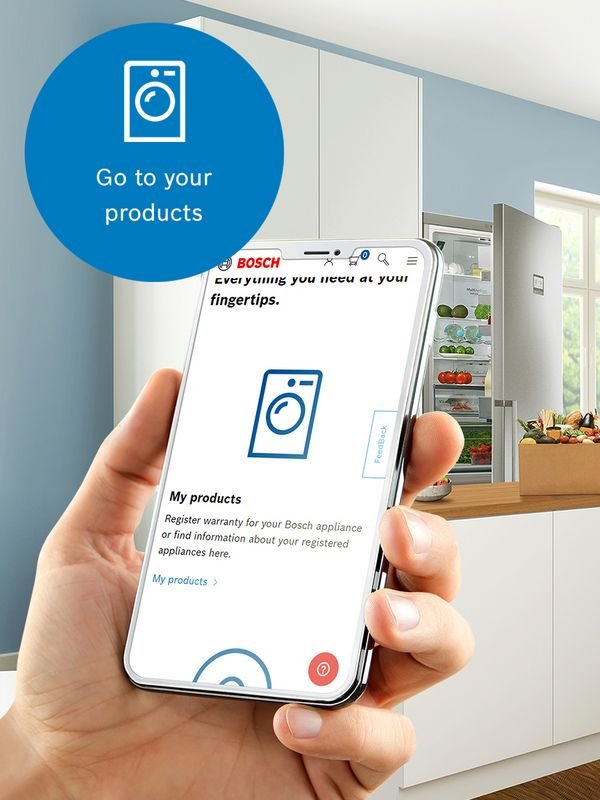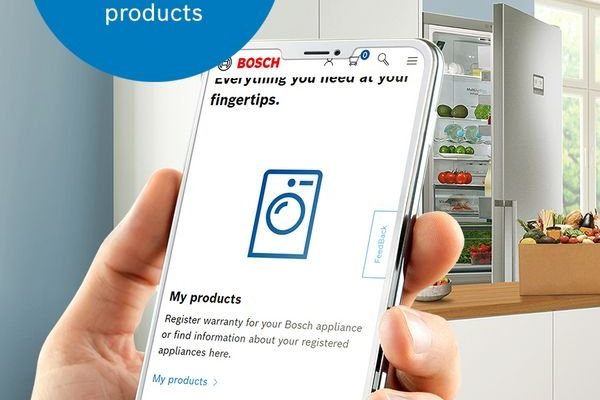
Think of the warranty like a VIP pass for your water heater’s maintenance and repairs. The original owner gets this pass, but does it expire or stay valid when ownership changes? Let me explain what Bosch generally says about this, why it matters, and what you can expect if you want to keep that warranty alive, even after selling or gifting the unit.
Understanding Bosch Water Heater Warranties: What’s Covered?
Before diving into transfers, it’s important to understand what the Bosch warranty actually covers. Most Bosch water heaters come with a limited warranty that usually covers parts and sometimes labor if defects or malfunctions occur under normal use. This coverage typically lasts several years but depends on the model, such as tankless or storage-type water heaters.
The warranty protects you against problems caused by faulty manufacturing or materials. For example, if your water heater suddenly stops heating or leaks due to a defect, Bosch steps in to fix or replace parts at no extra cost—*provided* you’ve registered the product and met the terms. It’s like a safety net that catches you if your heater throws a tantrum prematurely.
However, warranties often don’t cover damage from wear and tear, improper installation, or neglect. Also, Bosch requires you to keep the original purchase receipt as proof. This paper trail becomes crucial if you want to claim a warranty, especially when ownership changes hands.
Can You Transfer Warranty on a Bosch Water Heater? Here’s the Reality
Here’s the thing: Bosch water heater warranties are generally **non-transferable**. That means the warranty is tied to the *original* purchaser and doesn’t automatically follow the unit if it’s sold or given to a new owner. So, if you hand over that water heater to someone else, the warranty coverage typically ends with you.
You might be wondering why Bosch does this. It mainly comes down to tracking and liability. The company can confirm warranty eligibility based on the original purchase details and registration. Letting warranties float freely between owners complicates this, and manufacturers usually avoid that.
That said, there are exceptions or workarounds sometimes. For example, if the new owner registers the water heater within a certain timeframe, or if you transfer ownership and notify Bosch officially, they might extend or honor warranty claims—but that’s rare and depends on the specific warranty terms and region.
What Does Bosch’s Official Warranty Say?
Bosch’s warranty documents often spell out that their limited warranty applies only to the original purchaser and is not transferable. This is a common policy among many appliance manufacturers, not just Bosch. If you look closely, the fine print usually cautions: warranty claims require proof of original purchase and registration under the first buyer’s name.
If you try to use the warranty as a new owner without formal transfer or registration, Bosch may reject the claim.
Why Does Warranty Transfer Matter When Selling a Home?
Imagine you’re selling your house, and it has a Bosch water heater installed. The buyer asks, “Does this come with a warranty?” It’s a fair question, especially for appliances that can be costly to replace or repair.
If the warranty isn’t transferable, the new owner may have to accept the unit “as is.” This can affect negotiation, as the buyer might want a lower price or a different arrangement due to potential risks.
On the flip side, if you register your Bosch water heater and keep good records, you can at least provide proof of purchase and installation date. This helps the buyer understand the unit’s age and condition, even if they can’t claim warranty benefits.
How to Protect Yourself and Buyers: Registration and Documentation
Honestly, one of the best ways to handle Bosch water heater warranty questions is by **registering your product** as soon as you buy it. Registration links your heater’s serial number to your name and purchase date in Bosch’s system, making warranty claims smoother.
Now, if you’re selling or transferring the heater, provide the new owner with:
- Original purchase receipt—this proves when and where it was bought.
- Warranty registration confirmation—shows you registered the unit properly.
- Owner’s manual and warranty documents—so they know what the warranty covers.
That way, the new owner has all the info they need for troubleshooting, repairs, or contacting Bosch for support—even if they can’t directly transfer the warranty in their name.
What If You Didn’t Register? Can You Register Later?
You might be thinking, “Oops, I forgot to register my Bosch water heater. Can I still do that months or years later?” The answer is: usually yes. Bosch often allows product registration after purchase, although some warranty benefits might be limited if you wait too long.
Registering late is better than never. It at least timestamps your ownership and could help with customer support or troubleshooting down the line.
Alternatives to Warranty Transfer: Extended Service Plans and Inspections
If you can’t transfer the Bosch water heater warranty, does that mean the new owner is fully out of luck? Not necessarily. Here are some alternatives that can help bridge the gap:
- Extended service or protection plans: Some home warranties or appliance service contracts cover water heaters regardless of brand warranty. The new owner can consider buying one.
- Professional inspection before sale: Getting a licensed plumber to inspect the heater and provide a report can reassure buyers about the condition and reduce risk.
- Maintenance records: Sharing recent service and maintenance logs shows the heater has been cared for, which can be reassuring.
These options don’t replace the Bosch warranty but provide extra layers of confidence for buyers.
What About Remote Controls, Syncing, and Troubleshooting? Does Warranty Affect These?
Bosch water heaters sometimes connect with tankless remote controls or smart home systems, letting you adjust temperature or get alerts. You might be wondering if the warranty transfer affects syncing or troubleshooting these features.
Here’s the scoop: syncing, pairing, or resetting your Bosch remote does not depend on warranty status. These are user-friendly processes usually covered in the manual and don’t require Bosch’s intervention unless there’s a hardware defect.
If the remote or heater develops a fault *during* the warranty period and under the original ownership, Bosch might cover repairs or replacements. But if the warranty isn’t transferable, the new owner likely bears the responsibility for troubleshooting or fixing tech glitches.
Wrapping It Up: What You Need to Remember About Bosch Warranty Transfers
So, can you transfer warranty on a Bosch water heaters to a new owner? Honestly, in most cases, **no**—the warranty stays with the original buyer. It’s like a VIP club with a guest list: only the first purchaser is on it.
But that doesn’t mean the end of the road. By registering your Bosch water heater, keeping receipts and records, and sharing all documents with the new owner, you give them a head start. Add professional inspections or service plans if you’re selling the unit with your home to provide extra peace of mind.
At the end of the day, warranties are just one piece of the puzzle. Understanding how Bosch’s warranty works and managing expectations helps everyone stay clear—no surprises, no headaches, just warm water when you need it.
